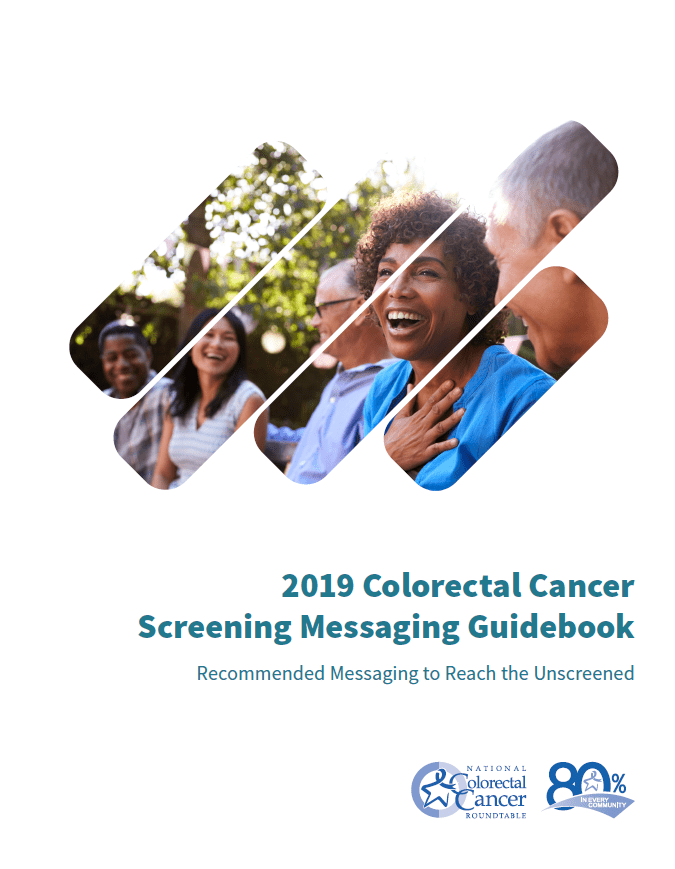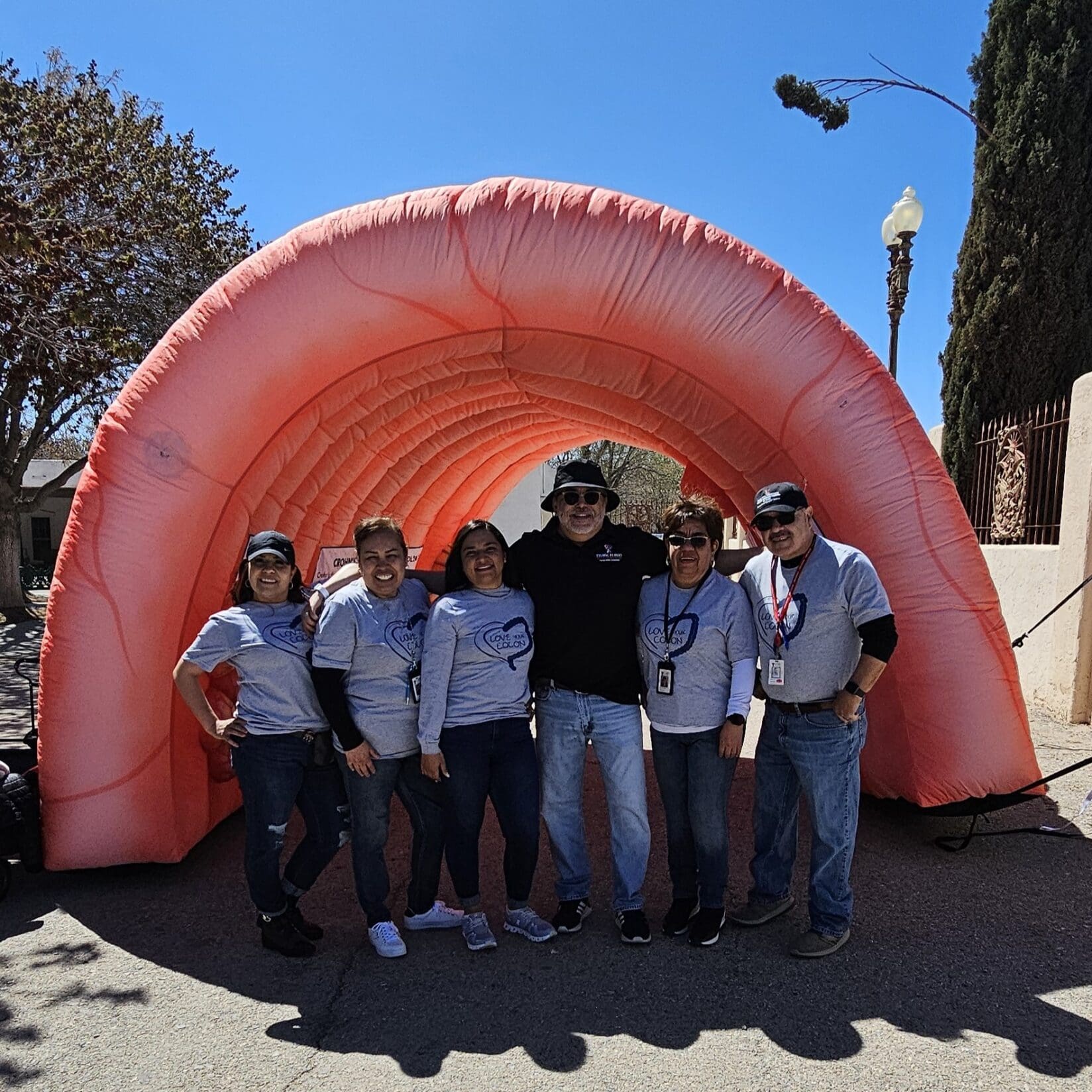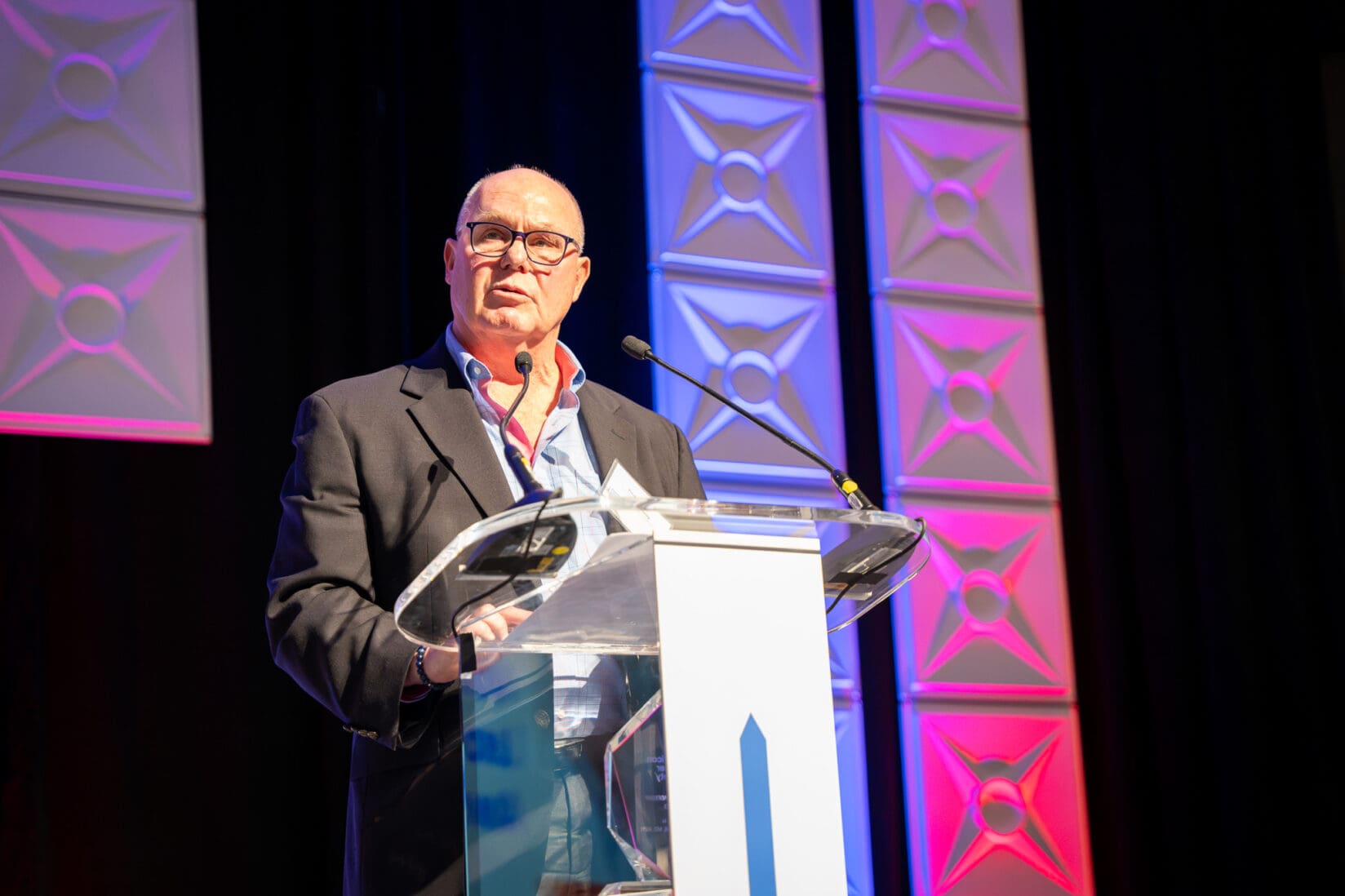Research Finds Procrastination is the Top Deterrent for Colorectal Cancer Screening

ATLANTA, July 29, 2019 – To bolster national efforts to push colorectal cancer screening rates to and beyond 80% in every community, the NCCRT today released a messaging guide, based on new market research. The guidebook is designed to help clinicians, health plans, health organizations, employers, family members and others convince more people to get recommended screening.
The “2019 Colorectal Cancer Screening Messaging Guidebook: Recommended Messaging to Reach the Unscreened” can be downloaded at www.nccrt.org/2019messagingguidebook. The guidebook is based on new research on screened and unscreened populations into the messages that can motivate screening.
Screening disparities remain
“Screening and information are broadly available, but the benefits of screening are not reaching everyone equally,” said Robert Smith, PhD, Vice President, Cancer Screening at the American Cancer Society and NCCRT co-chair. “There are still too many communities with lower colorectal cancer screening rates. This is despite the fact that colorectal cancer is the second-leading cause of cancer death in the U.S. when men and women are combined. Screening can prevent colorectal cancer, find it early, and in both instances reduce the death rate from this disease.”
Groups less likely to be screened include adults aged 50-64, the uninsured, and those with less income and education. Hispanics, Asian Americans, American Indians, Alaskan Natives, and rural dwellers are also less likely to be screened.[1]
Obstacles and misunderstandings
According to the research, the most motivational messages include the following elements:
- Screening prevents cancer (through polyp removal).
- You can do the screening at home with an affordable, noninvasive kit.
- People like you have found a way to get screened.
The research also indicates healthcare providers are particularly influential in motivating their patients to undergo screening.
Typical barriers to screening are procrastination, cost of the procedure, its perceived unpleasantness, and lack of symptoms or a family cancer history of the disease. The research produced colorful common personas, including Fearful Delayers, Invincibles, Preoccupied Busy Bees and the Financially Challenged.
The NCCRT has rallied more than 1,700 organizations to its goal of improving screening rates to 80% in Every Community. “We want everyone to understand that there are screening test options available, including simple, affordable tests that can be done at home,” said Dr. Smith. “Everyone deserves to live a life free from colorectal cancer.”
While some organizations, such as the American Cancer Society, now recommend colorectal cancer screening start at age 45 for people at average risk, all major guidelines recommend screening for average risk individuals start no later than age 50 and continue through at least age 75.
[1] https://www.cancer.org/content/dam/cancer-org/research/cancer-facts-and-statistics/colorectal-cancer-facts-and-figures/colorectal-cancer-facts-and-figures-2017-2019.pdf
We Highlight Successes, Leaders, Best Practices, And Tools That Are Making An Impact In The Nationwide Movement To Reach 80% Screened For Colorectal Cancer.
Do you have a suggestion for a future blog topic? We welcome you to share your suggestions by emailing [email protected].
Blog Policy
Opinions expressed in these blog posts are that of the author and do not represent policies of the National Colorectal Cancer Roundtable or the author’s institution.
Our staff moderate all comments on the 80% Blog. While we do not censor based on point of view, we will delete or edit comments that are offensive or off topic. Click here to view full version.
© 2024 American Cancer Society National Colorectal Cancer Roundtable. All rights reserved.


